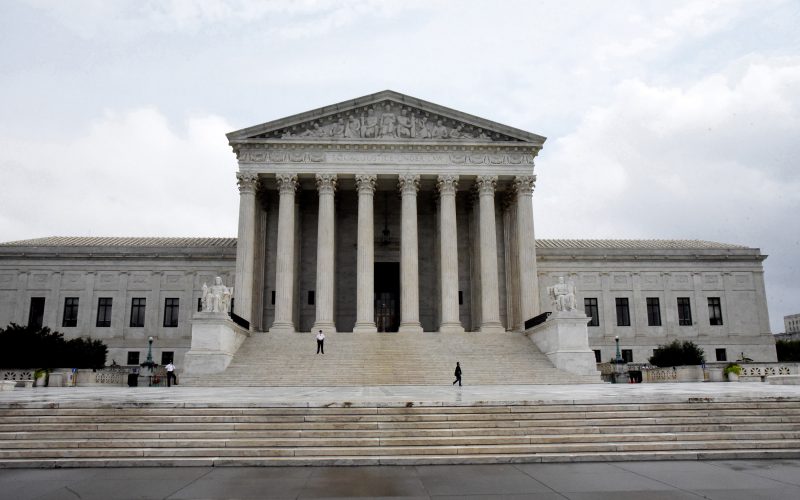Supreme Court says constitutional ban on ‘excessive fines’ also applies to states
WASHINGTON — In a unanimous ruling, the Supreme Court said Wednesday that the 8th Amendment’s ban of “excessive fines” applies to states and local agencies, not just the federal government.
The decision will limit the power of the police and state law enforcement agents to seize cars, boats and other property.
The ruling is a victory for Tyson Timbs, an Indiana man whose $42,000 Land Rover was seized by police after he was convicted of two drug sales that amounted to about $300.
Indiana authorities and the state supreme court argued that the 8th Amendment’s ban on excessive fines did not apply to states because the Supreme Court had not explicitly ruled on that question.
Prior to the mid-20th century, most parts of the Bill of Rights were seen as limiting only the federal government. But in a series of rulings, the high court extended those rights to apply broadly to all parts of the government, including states and localities. None of those decisions dealt specifically with “excessive fines.”
In Timbs vs. Indiana, Justice Ruth Bader Ginsburg said the shield against “excessive fines” is a fundamental right and not limited in its scope.
“The protection against excessive fines guards against abuses of government’s punitive or criminal law-enforcement authority. This safeguard, we hold, is ‘fundamental to our scheme of ordered liberty,’ with ‘dee(p) root(s) in (our) history and tradition’,” she wrote.
The decision is not a final victory for Timbs. His case now goes back to Indiana where he can argue that the seizure of his Land Rover was “grossly disproportionate” to his crime and is therefore unconstitutional.
His case highlighted what many see as abuse of the seizure power by local and state authorities. Under current laws, officers and agents may seize vehicles by asserting that they were used to carry out crimes.
Defense lawyers have argued such government forfeiture actions should be blocked if they are disproportionate to the alleged offense. In the case of Timbs, the high court noted that the maximum fine allowed for his conviction was $10,000.
— David G. Savage
Los Angeles Times
Los Angeles Times

No comments:
Post a Comment
Thanks for commenting. Your comments are needed for helping to improve the discussion.